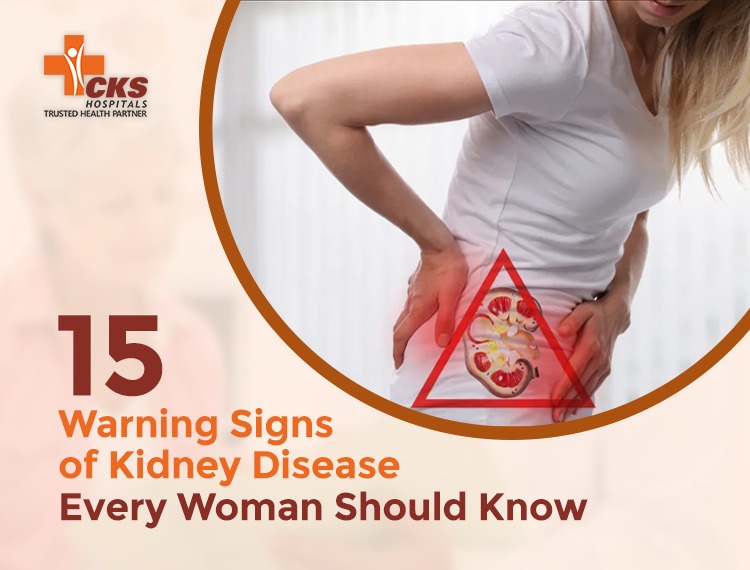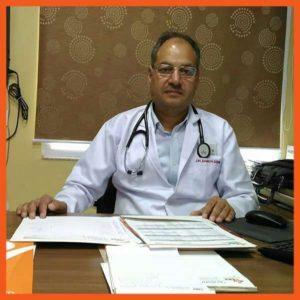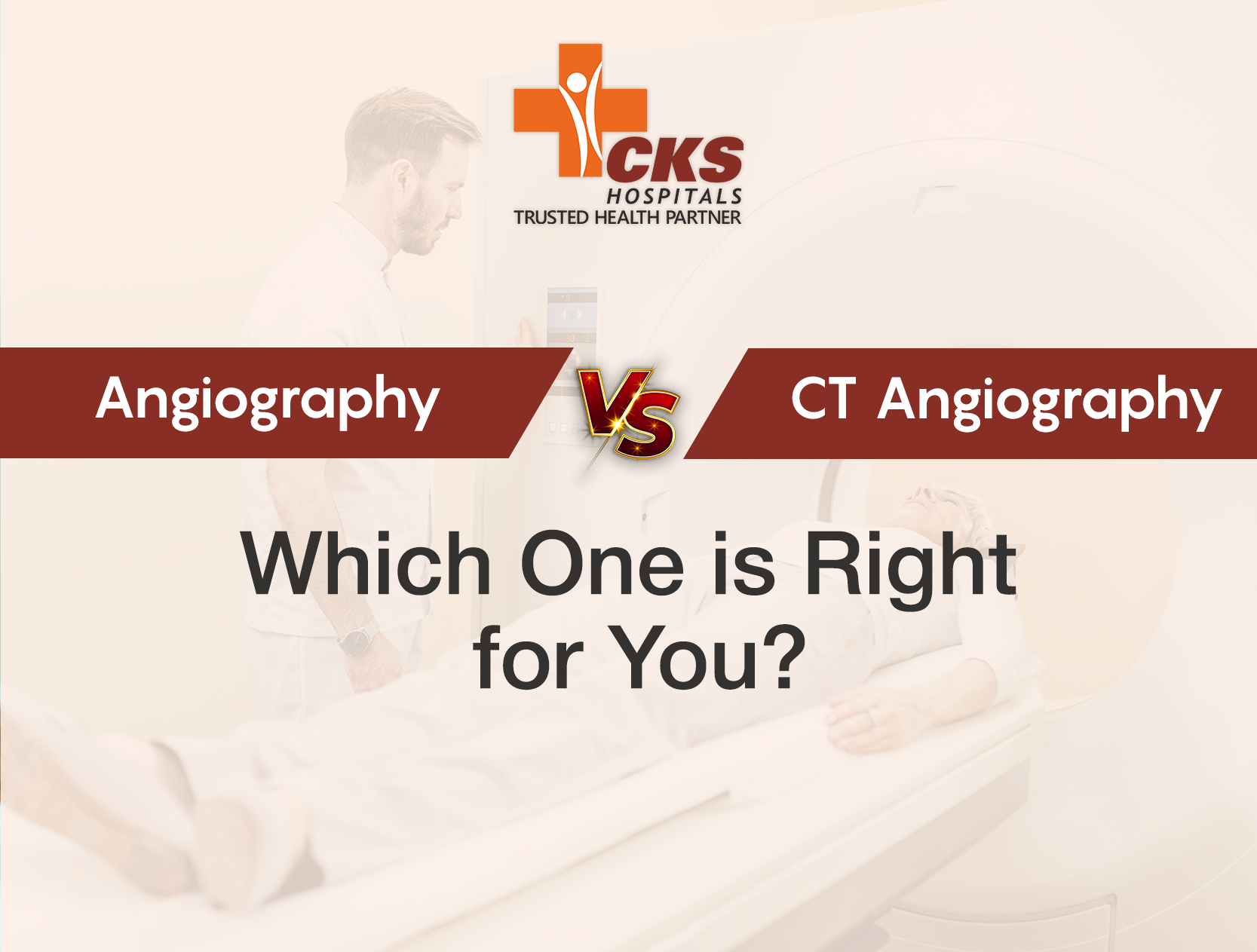
Difference Between Gastric Pain and Heart Attack
What is worse is that chest pain brings anxiety concerning possible heart issues, and this makes it rather frightening. However, not all chest pain is due to a heart attack. Thus, specific conditions unrelated to the heart can produce symptoms like heart-related ones; this makes diagnosis complicated for the patient and the doctor. This blog seeks to explain the difference between gastric pain and heart attack so that the readers can realize the symptoms and when to seek help.
What is Heart Attack?
Myocardial infarction is commonly called a heart attack, is a disease which caused when blood supply to the heart muscle is blocked. This obstruction can be caused by several reasons for example it could be due to atherosclerosis or a blood clot or spasm of one or more of the coronary arteries. If the heart muscle does not receive oxygen-rich blood, part of it may begin to die, and the following outcomes are possible: severe damage to the heart and even death. At present, emergency treatment is needed to be given immediately in heart attacks as it shall help prevent death and less harm to the cardiac muscles.
Related Information: How to Clear Blocked Arteries Without Surgery?
What are the Signs of a Heart Attack?
Common symptoms of a heart attack include:
Chest Pain or Discomfort
It is still expected to define it as a sensed discomfort or pain, a chronic compression, a constricting tightness, a burning, an oppressive feeling located at the midline anteriorly, or left-sided chest pain. It may take a few minutes, be temporary, come back later, or be continuously felt.
Shortness of Breath
It may happen with or without chest pain, and the person feels constricted in the chest as though they cannot get enough air.
Pain or Discomfort in Other Areas
Numbness is felt in the arms, back, neck, jaw, or stomach while patients experience breast tenderness. Others may feel the pains in the abdomen’s upper part, which most people associate with gastric pains.
Cold Sweat
What this means is that sweating without having undergone any activity that sweats the body can indicate something wrong in the body.
Nausea or Vomiting
Vestibular symptoms are reported by some patients, and these may be accompanied by gastrointestinal symptoms that make diagnosis even harder.
What is Gas Pain in the Chest?
Heartburn stems from gastroesophageal reflux disease which is the backward flow of the stomach’s acidic content into the constriction part of the oesophagus, the chest, or the throat. This condition occurs most popularly after a meal or any time when the intake of food is relatively large or spicy and fatty food.
Gas discomfort commonly targets the chest and abdomen areas because the pressure in the gastrointestinal system results from the buildup of gas. This may be due to swallowing air, taking foods that cause gas in the tummy such as beans, soda, and some vegetables and or any issues that can cause digestion.
What are the signs for gas pain in the chest?
Gas pain in the chest can present with a variety of symptoms, which may include:
Sharp or Stabbing Pain
Patients have said that the pain is sharp and confined to a particular area, commonly the chest area or the upper part of the stomach.
Bloating or Fullness
Gas pain often comes with a sense of bloated feeling in the abdomen or a feeling that the stomach is full, although not, and one may feel uncomfortable moving around or even taking deep breaths.
Belching or Passing Gas
Relief may be achieved by passing wind, vomiting, or stools, which are features not characteristic of heart attacks.
Discomfort Radiating to the Back or Shoulders
Even though, the gas pain may refer, it does not go as far as the pain of a heart attack would.
The Differences in Gas Pain and a Heart Attack
Understanding the differences between gastric pain and a heart attack can impact how one reacts to symptoms. The following table summarizes the key distinctions:
| Symptom | Heart Attack | Gas Pain |
| Location of Pain | Centre or left side of the chest | Centre of the chest or upper abdominal |
| Nature of Pain | Pressure, squeezing, or heaviness | Sharp, stabbing, or cramp |
| Radiation of Pain | May radiate to arms, back, neck, or jaw | May radiate to back or shoulders |
| Duration of Pain | Usually lasts more than a few minutes | Often temporary, may last for a few seconds |
| Accompanying Symptoms | Shortness of breath, cold sweat, nausea | Bloating, belching, and passing gas |
| Triggers | Physical exertion, emotional stress | Eating certain foods, swallowing air |
Seek Medical Attention and Diagnosis at Right Time
In the emergency case, some diagnostic tests are conducted to find the cause of the chest pain, including:
Electrocardiogram: The advancement of this test is found in the assessment of the heart’s electrical system and can display irregularity in the pace and pattern of the heartbeat.
Blood Tests: There are chemicals in the blood which alert that the heart is involved and this tells the doctor whether there is a heart attack.
Imaging Studies: ECG is carried to find and interpret heart’s function and chest X-ray or echocardiogram may be done to rule out other diseases.
Conclusion
It is important to understand the difference between the abdominal pain and a heart attack. Nonetheless, gas pain and heartburn, although unpleasant, are mild compared to a heart attack inclined to happen. Warning signs of a heart attack are some things that will save lives if detected early enough. If you. It is advisable to visit the best multispeciality hospital if uncertain because early treatment can often do wonders.
FAQ’s
1. What are the first signs for a heart attack?
Signs are containing chest discomfort, shortness of breath, nausea, and pain in the body, arms, and jaw.
2. What are the common signs of gas pain?
Some signs include a stabbing or burning pain in the upper stomach, fullness, and uneasiness that helps improve with burping or passing gas.
3. What are reasons for chest pain in heart or stomach pain?
Think about the nature, location, and corresponding manifestations. The constant severe pain in the chest with the extension to other parts of the body has a higher risk of causing a heart attack.
4. What makes me understand that the pain I feel is from a heart attack?
For chest pain, difficulty in breathing, or any other related symptoms, consult a doctor.
5. How is chest pain due to gas even diagnosed?
Mean abdominal gas pain is described as sharp or cramp-like and may be associated with belching or passing gas relief.
6. When should one consult a doctor for gas pain?
If gas causes severe pain, does not go far, or is accompanied by any of the following symptoms, a physician should be consulted: chest pain and shortness of breath.
7. Which side in the chest is in pain of heart attack?
This is mainly on the left side or centre of the chest. The pain, however, can spread to other parts of the chest, arms, and back.
Recent Posts
- All Posts
- Blog

Read More
Our Speciality
- Cardiology & Cardiac Surgery
- Neurosurgery
- Orthopedics & Joint Replacement
- Urology
- Gastroenterology
- Nephrology & Dialysis
- Bariatric & Metabolic Surgery
- ENT & Head Face Neck Surgery
- Internal Medicine & Critical Care
Explore More
Our Doctors

Dr Prakash Chandwani
(Chief Managing Director) Director & Head Dept of Cardiology

Dr Mahesh Goyal
Director & Head Dept of Allergy Specialist, Asthma & Sleep

Dr Mohammed Sharif
CEO & Global Operations

Dr Ghanshyam Agrawal
Consultant Dept of Neuro Surgeon

Dr Sumit Kamble
Consultant Dept of Neurology
See All Doctors

